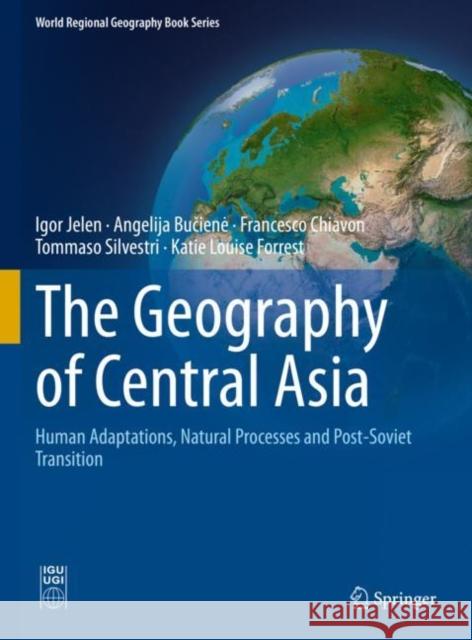The Geography of Central Asia: Human Adaptations, Natural Processes and Post-Soviet Transition » książka
topmenu
The Geography of Central Asia: Human Adaptations, Natural Processes and Post-Soviet Transition
ISBN-13: 9783030612658 / Angielski / Twarda / 2021 / 358 str.
The Geography of Central Asia: Human Adaptations, Natural Processes and Post-Soviet Transition
ISBN-13: 9783030612658 / Angielski / Twarda / 2021 / 358 str.
cena 724,58
(netto: 690,08 VAT: 5%)
Najniższa cena z 30 dni: 693,97
(netto: 690,08 VAT: 5%)
Najniższa cena z 30 dni: 693,97
Termin realizacji zamówienia:
ok. 22 dni roboczych.
ok. 22 dni roboczych.
Darmowa dostawa!
Kategorie BISAC:
Wydawca:
Springer
Seria wydawnicza:
Język:
Angielski
ISBN-13:
9783030612658
Rok wydania:
2021
Wydanie:
2020
Numer serii:
000480879
Ilość stron:
358
Waga:
1.30 kg
Wymiary:
28.45 x 21.59 x 2.29
Oprawa:
Twarda
Wolumenów:
01











